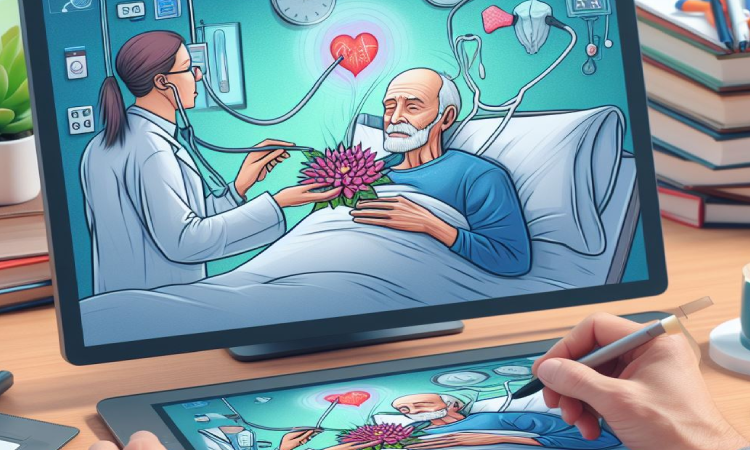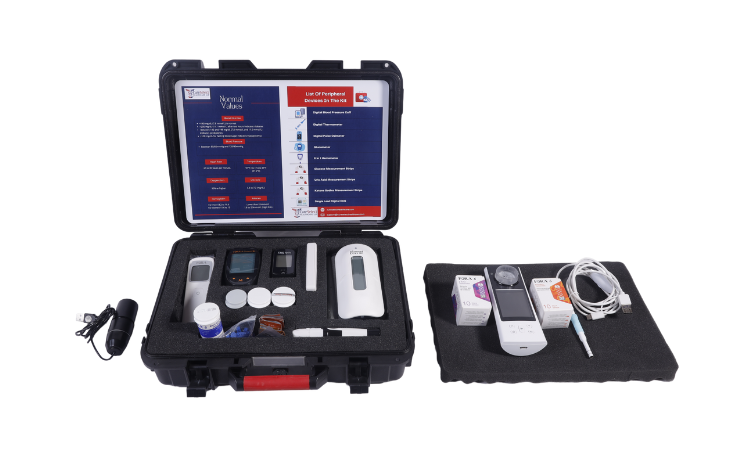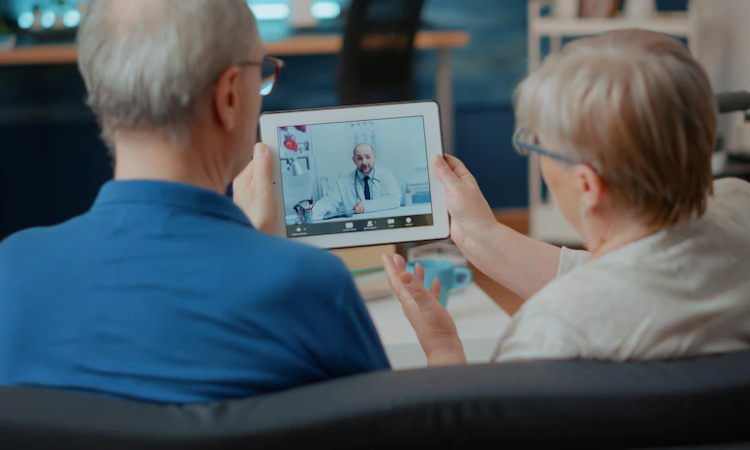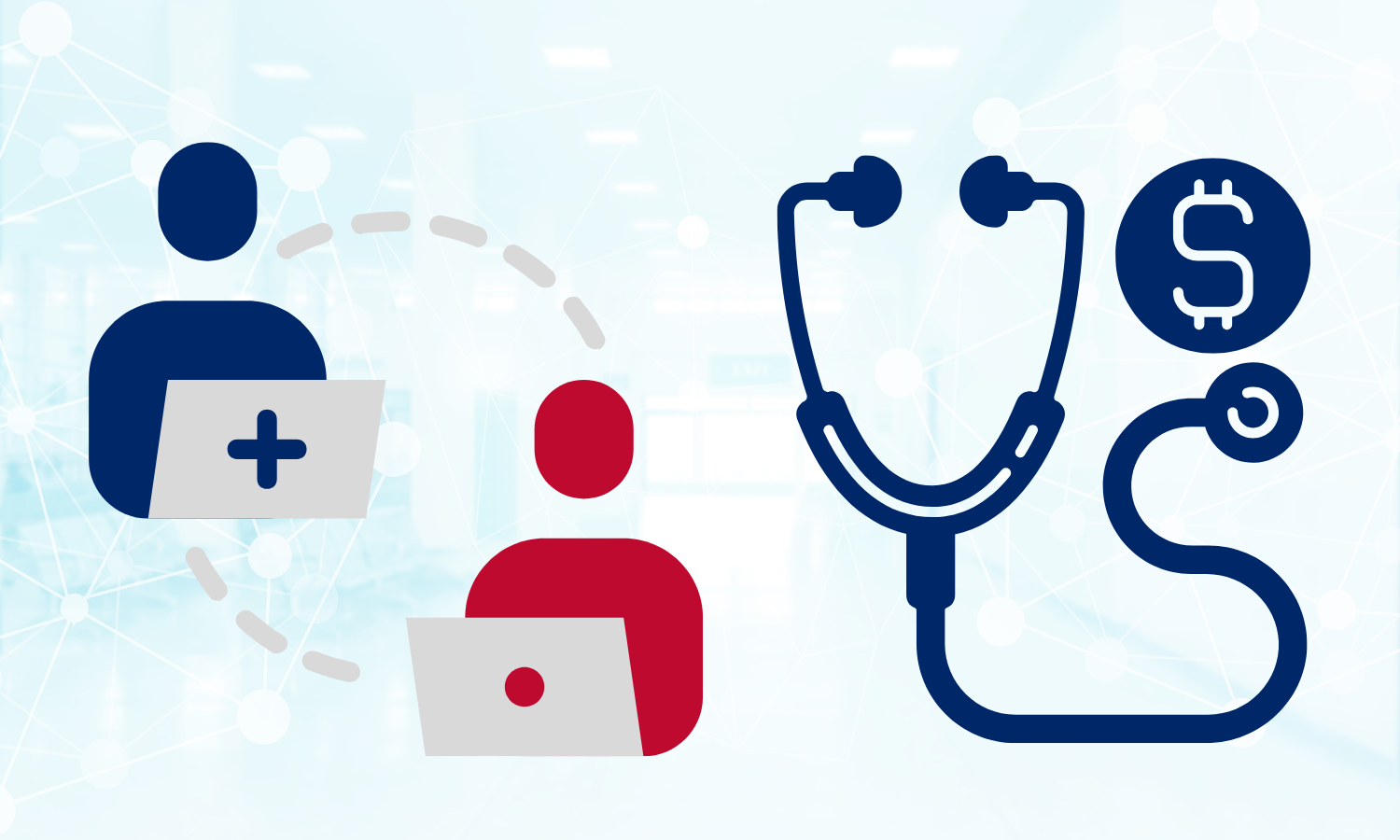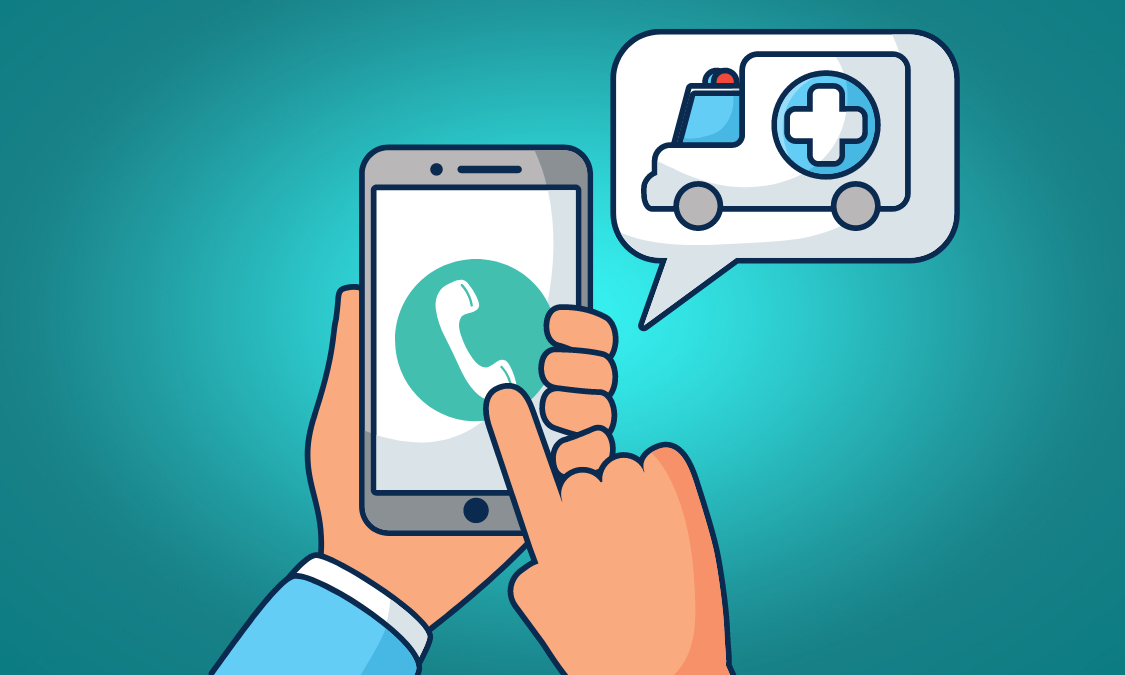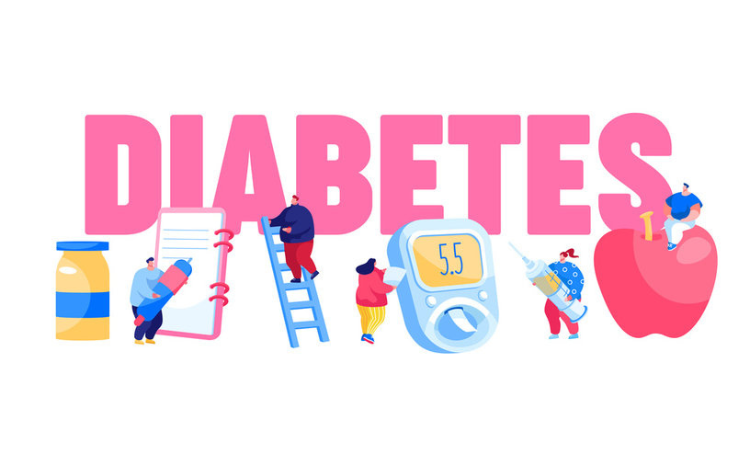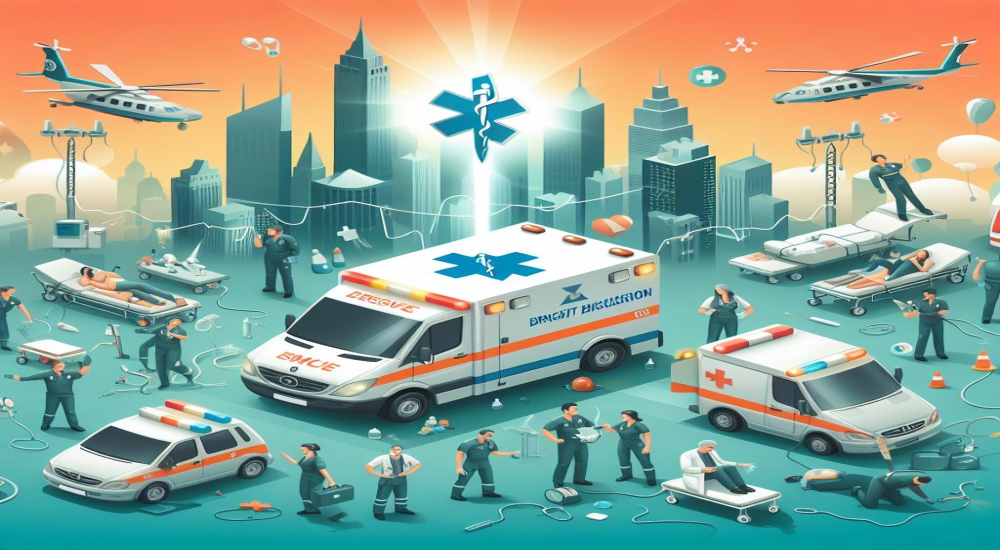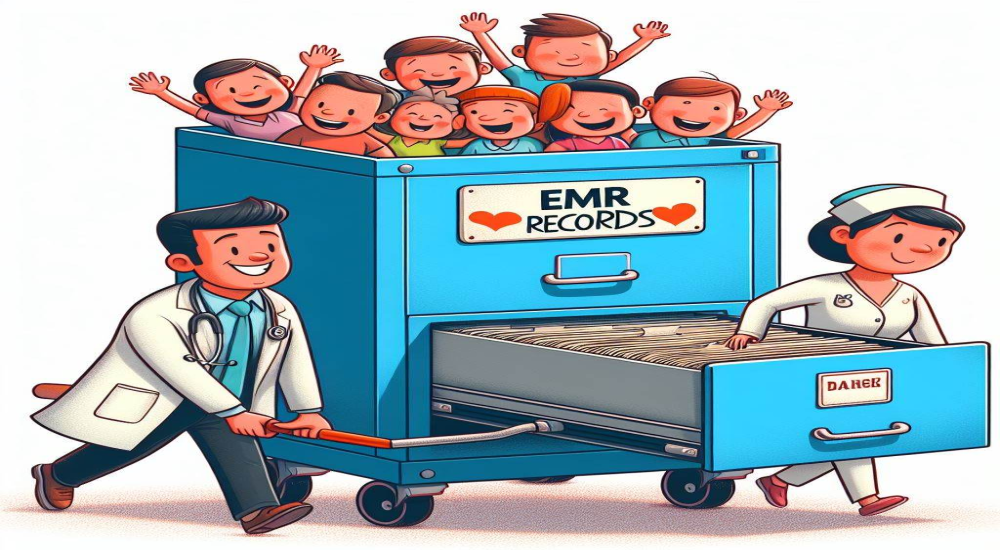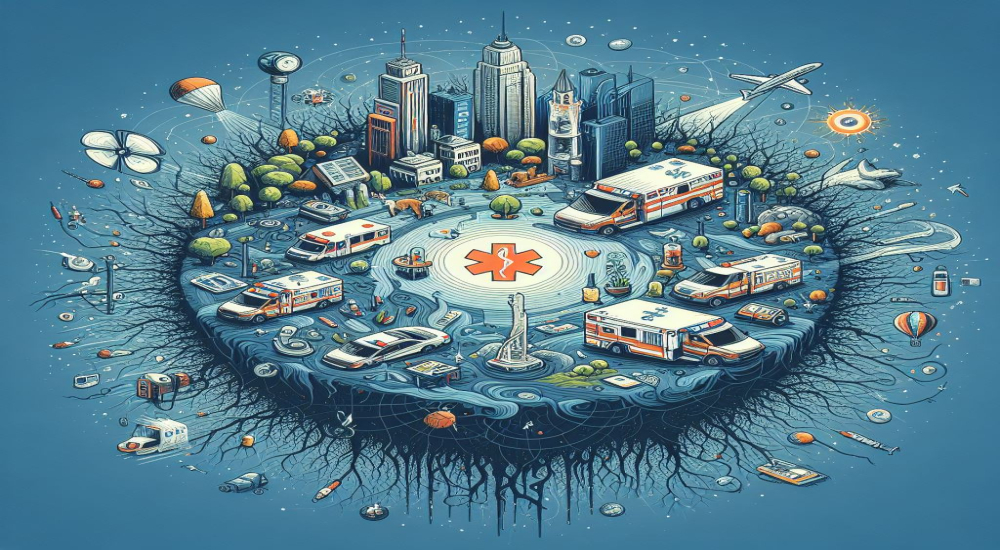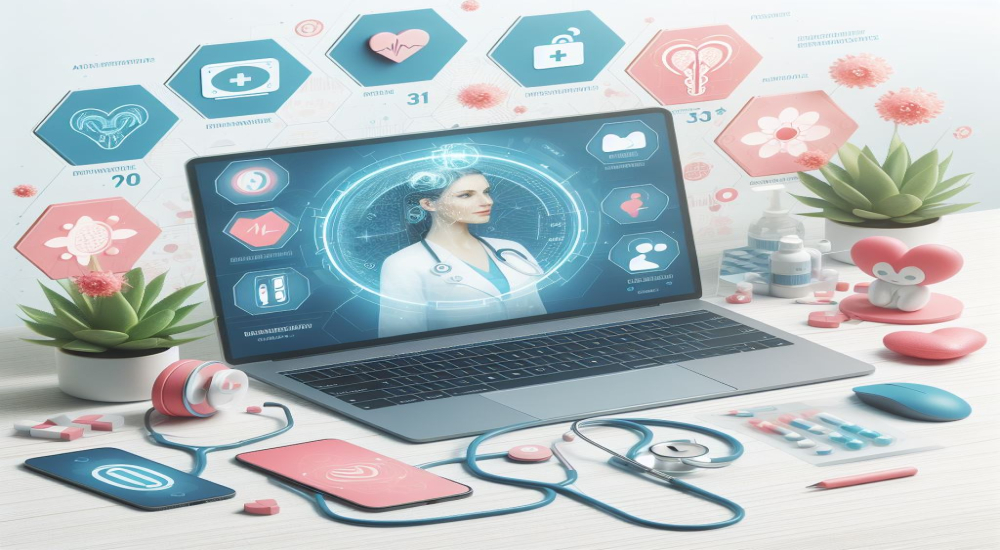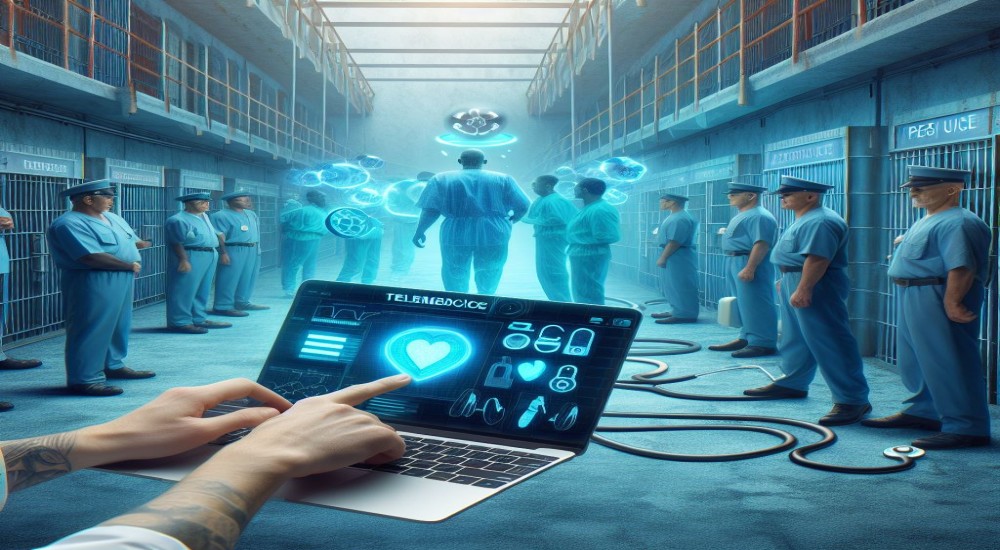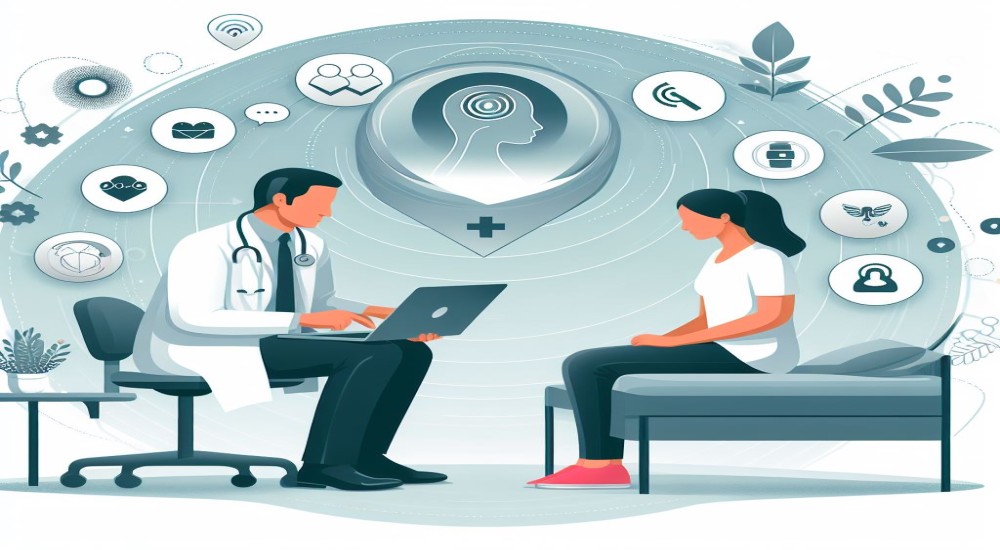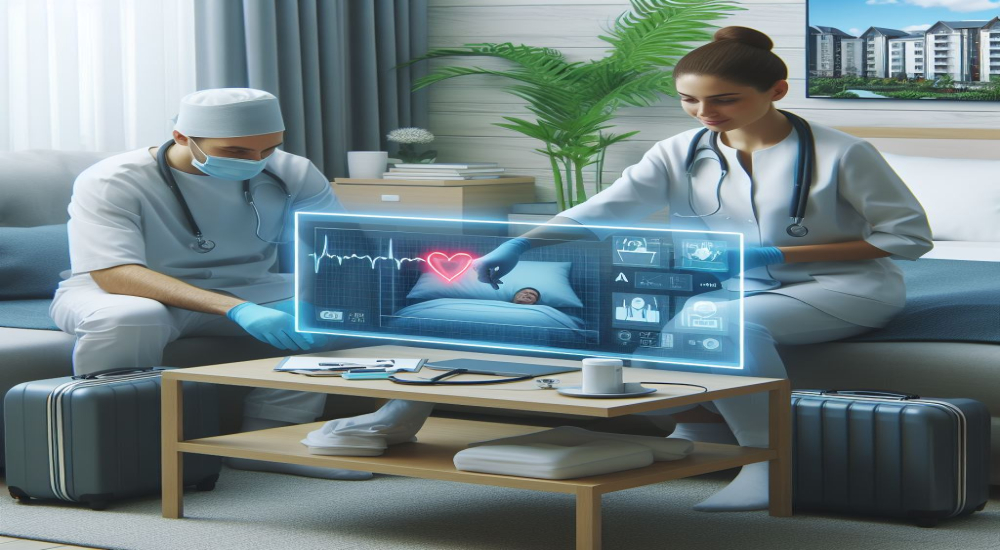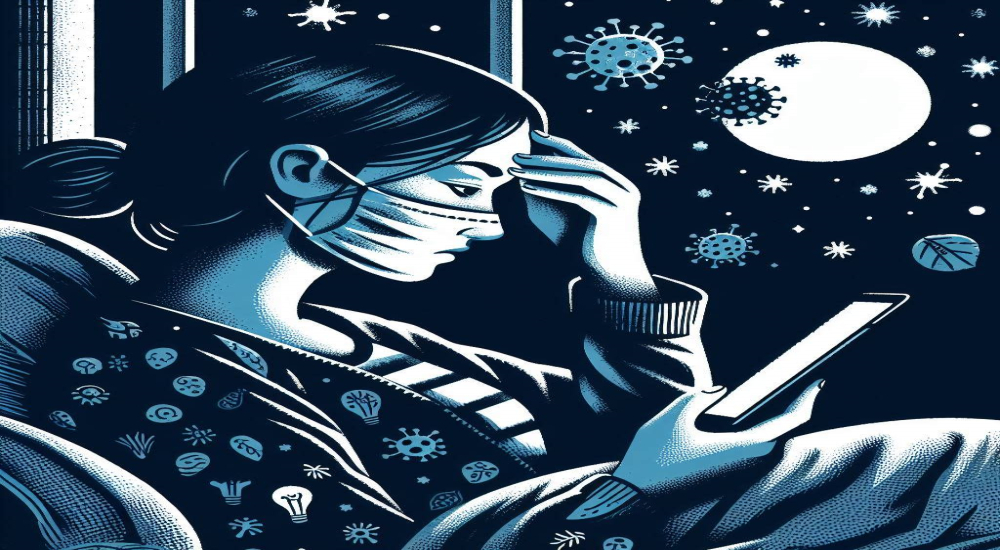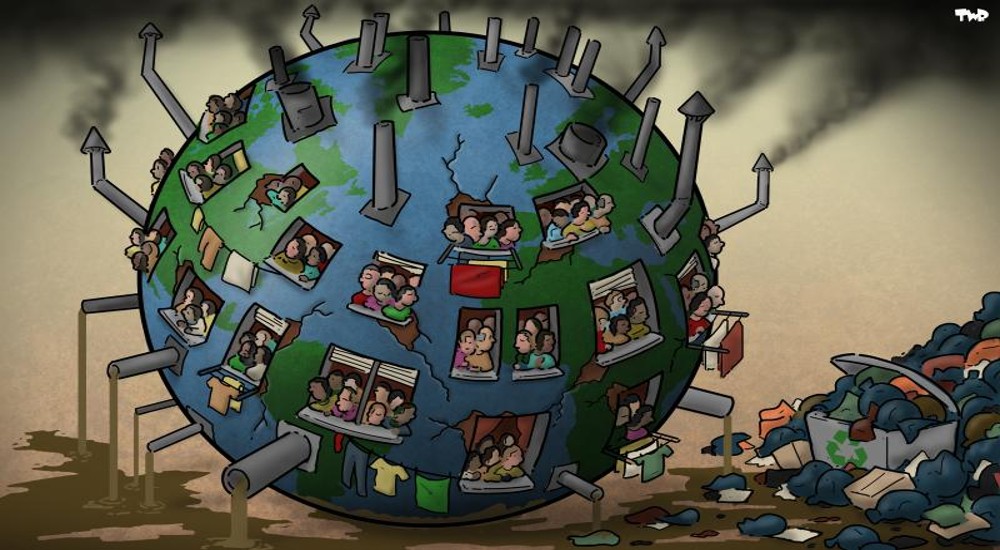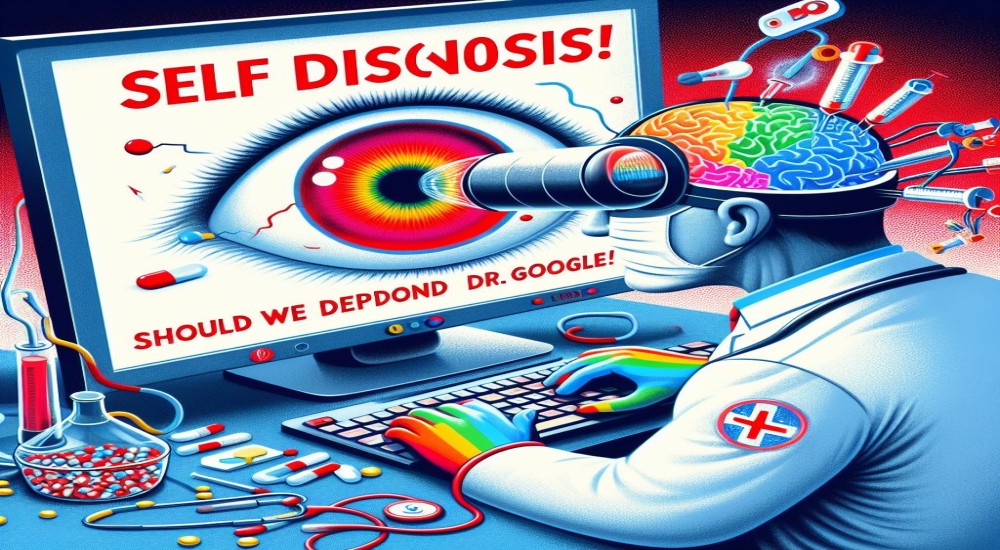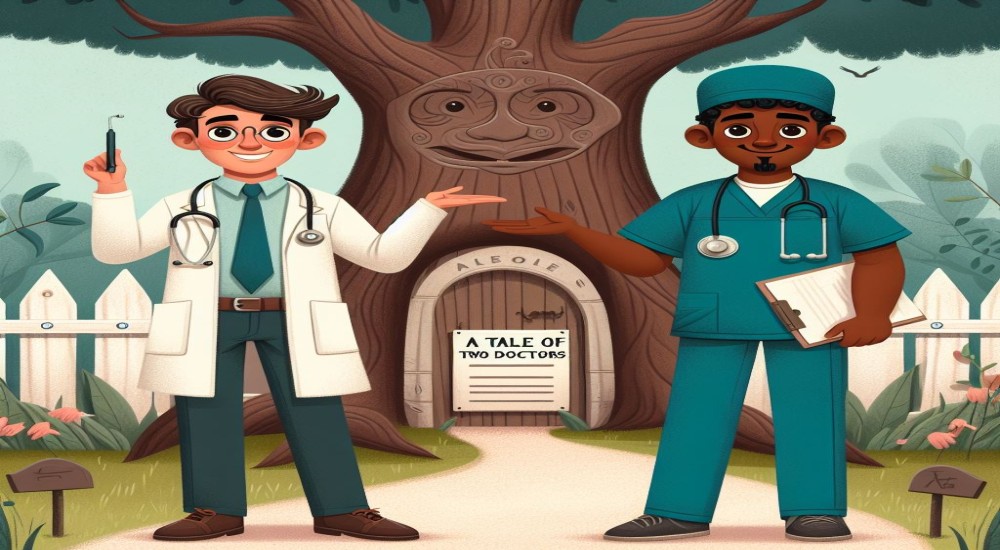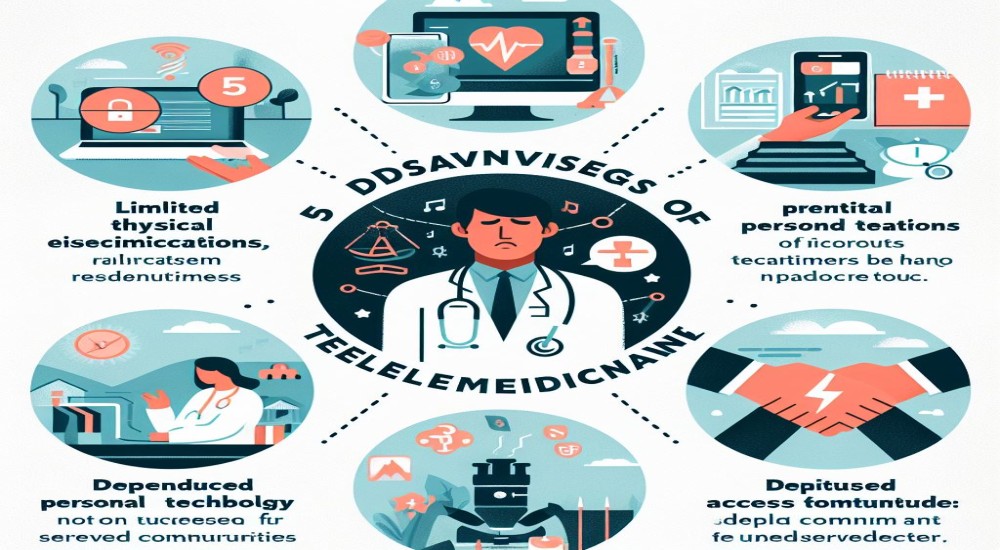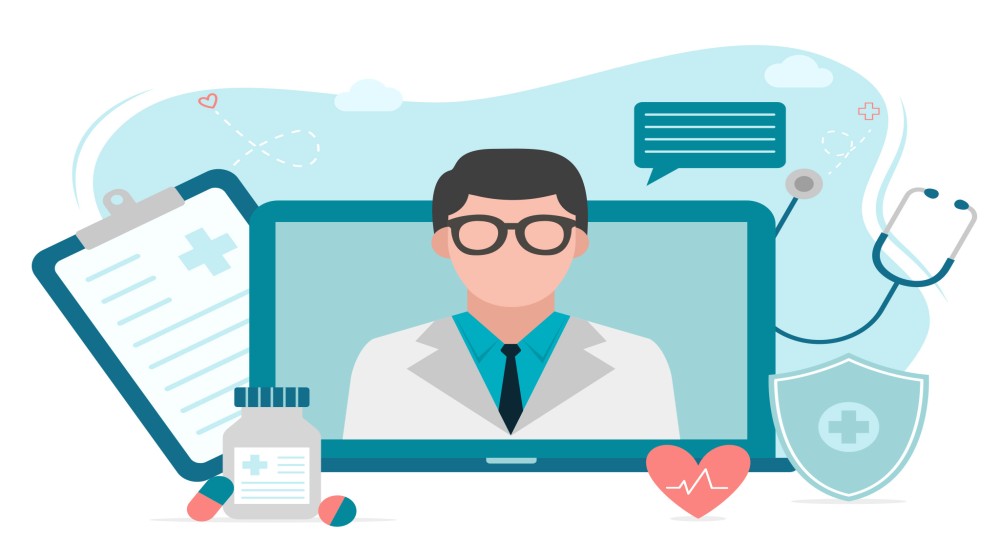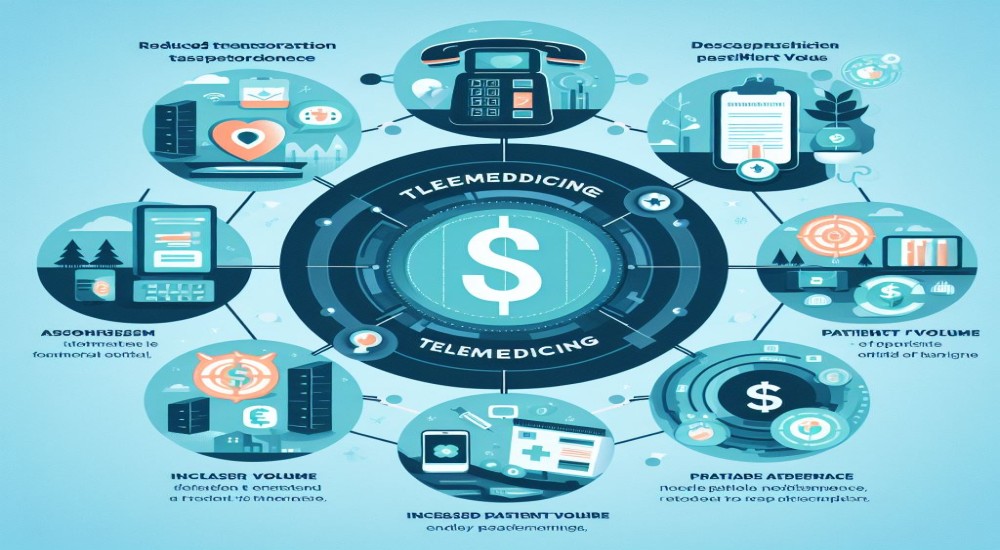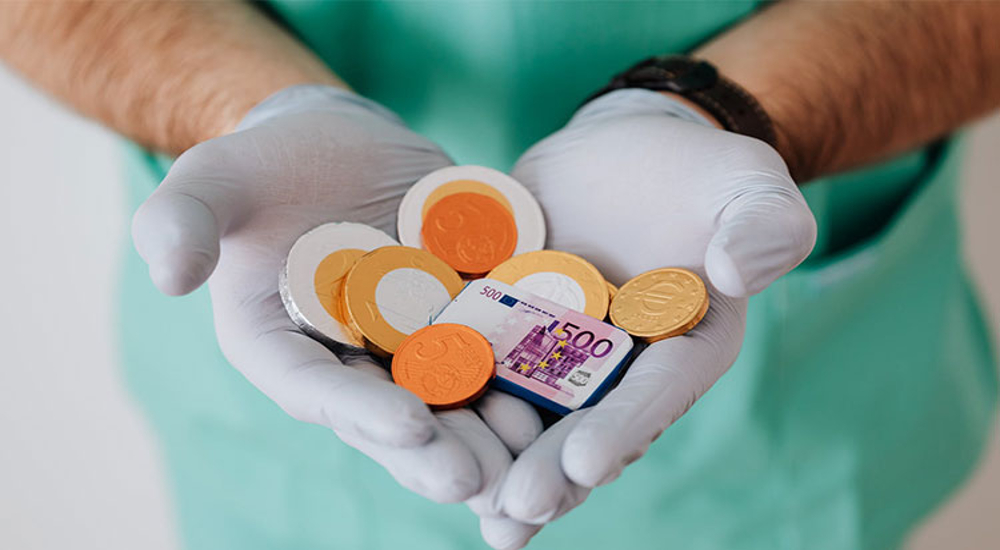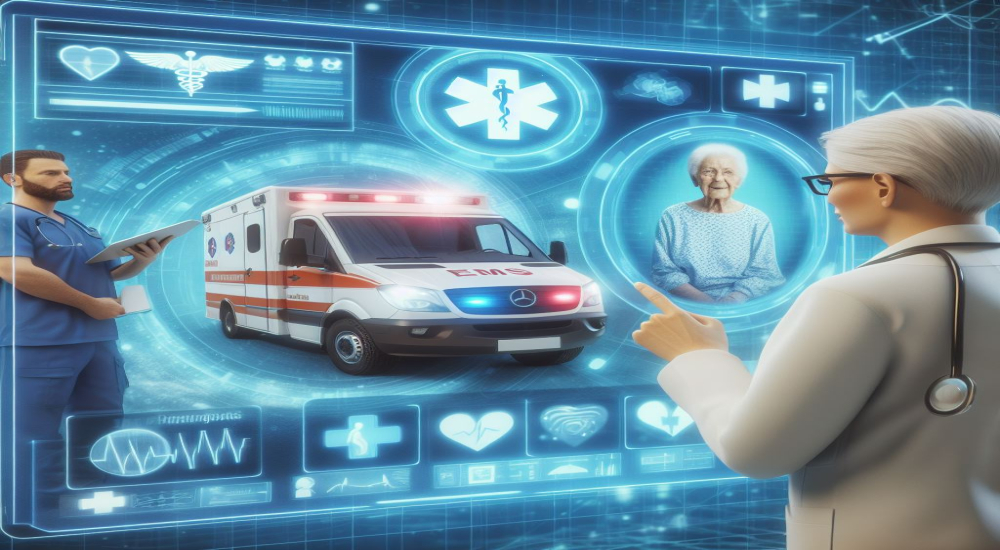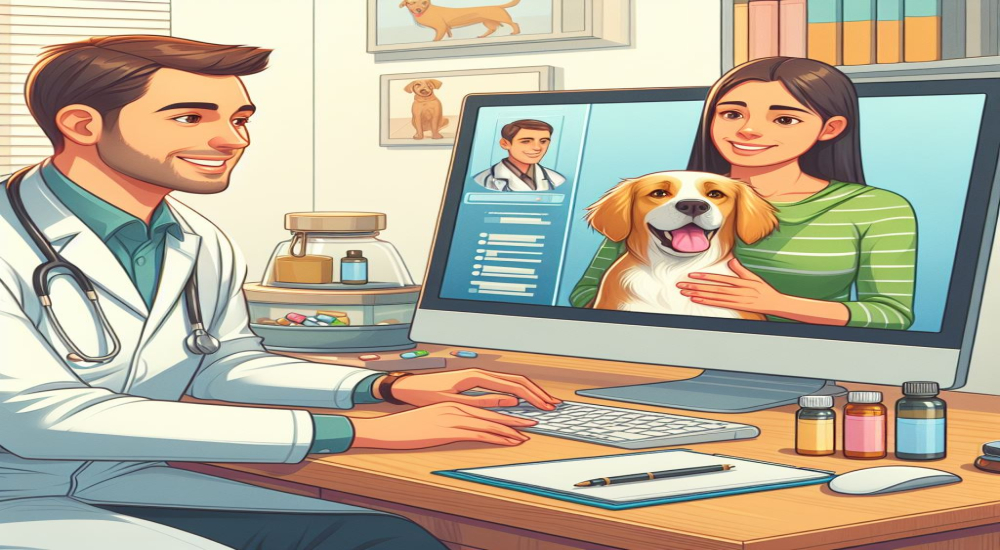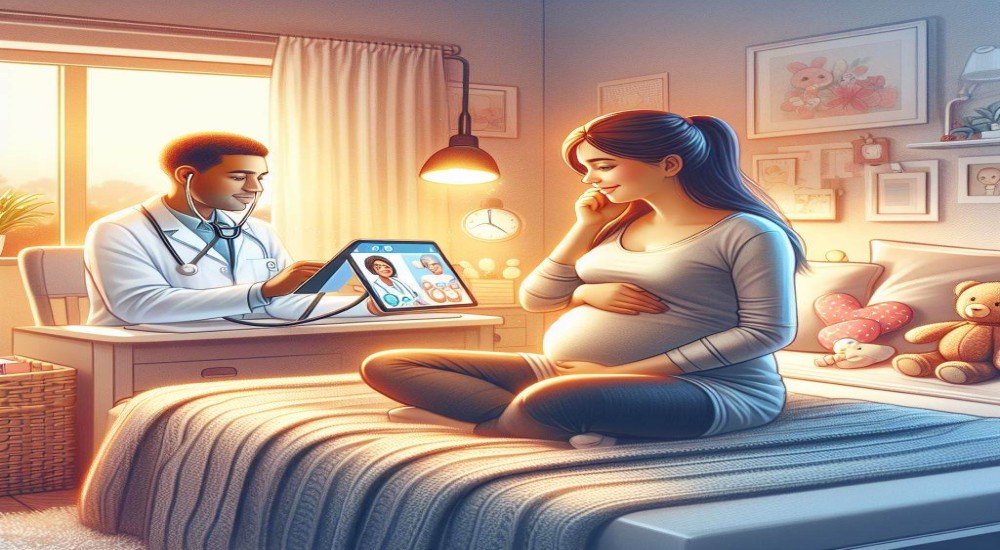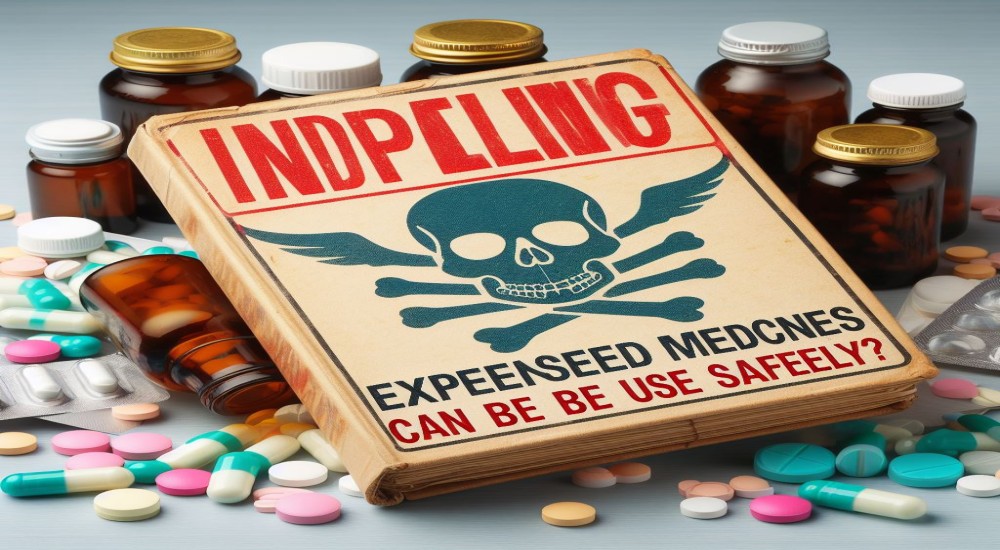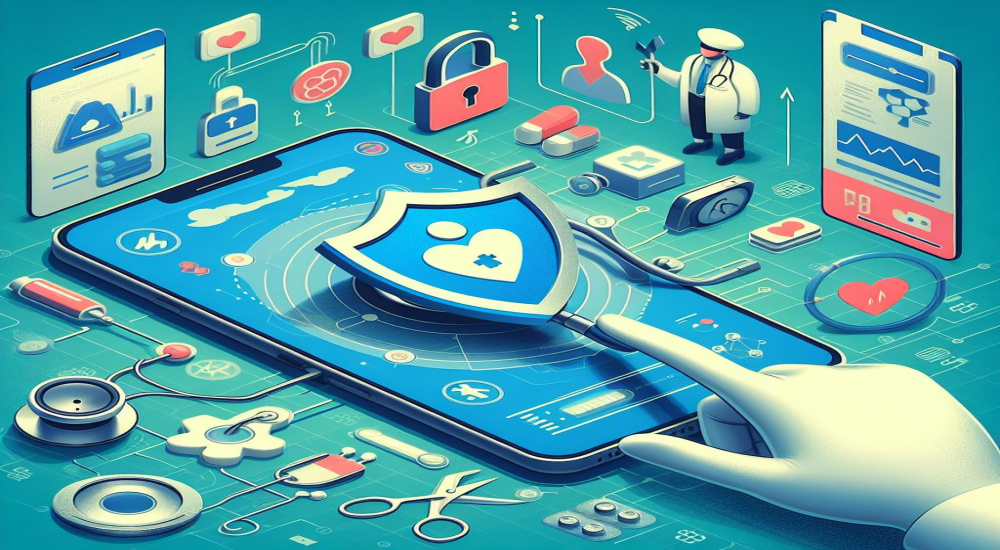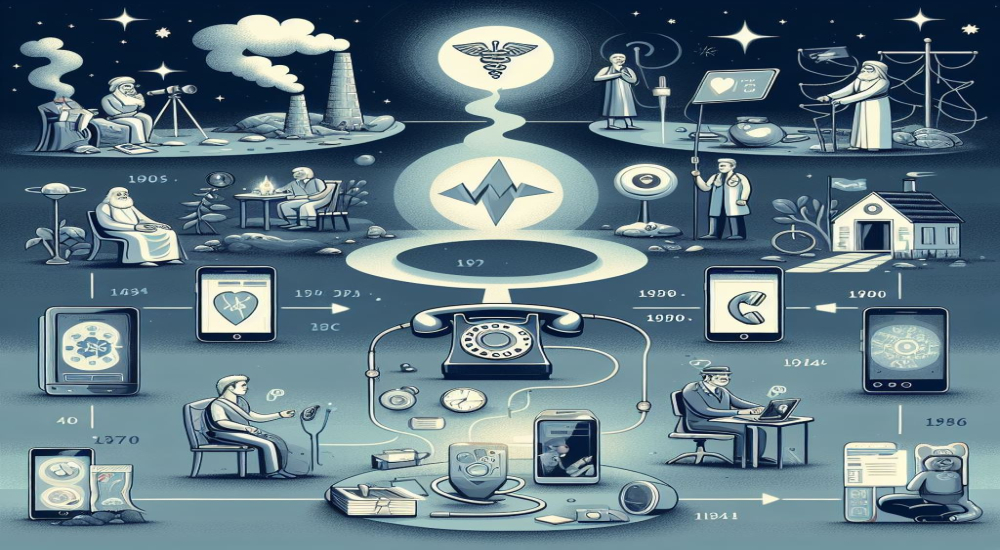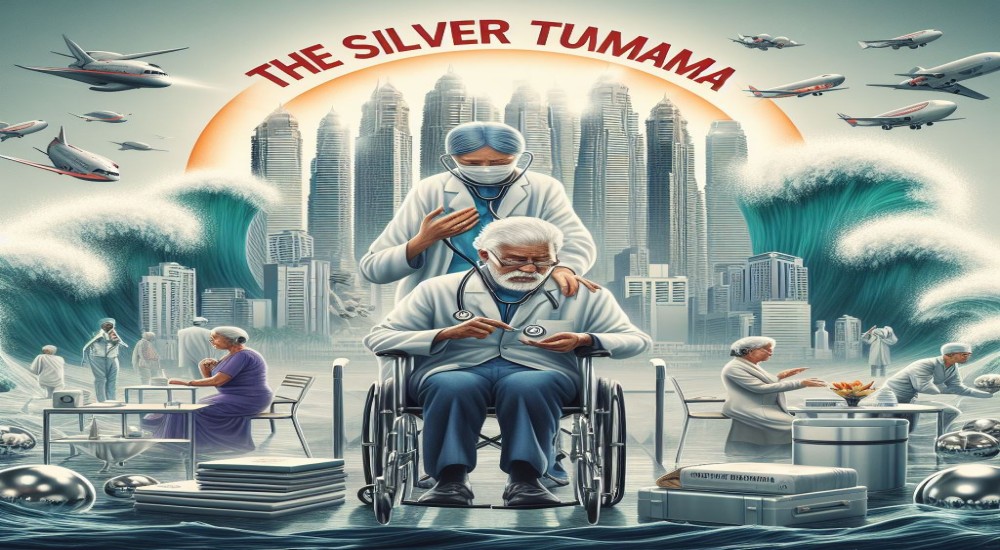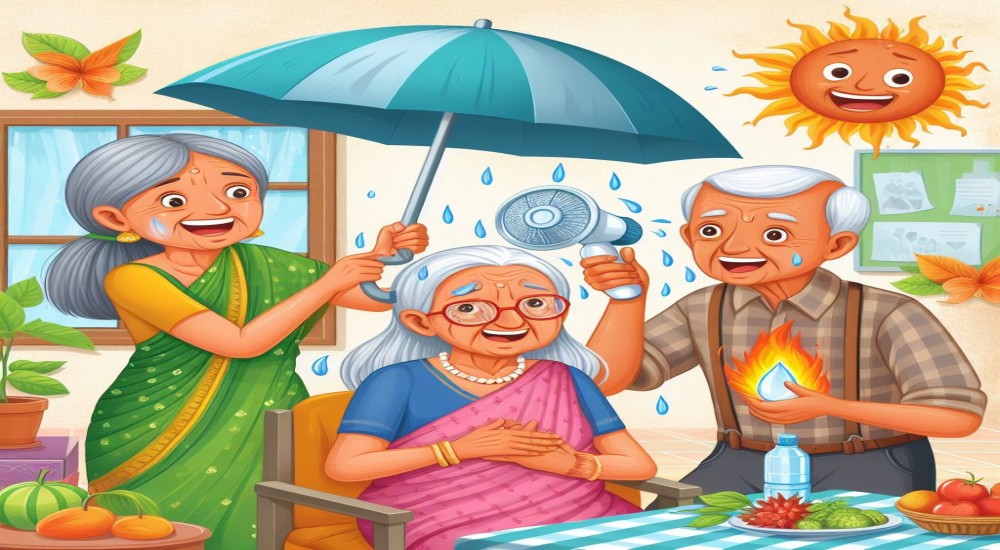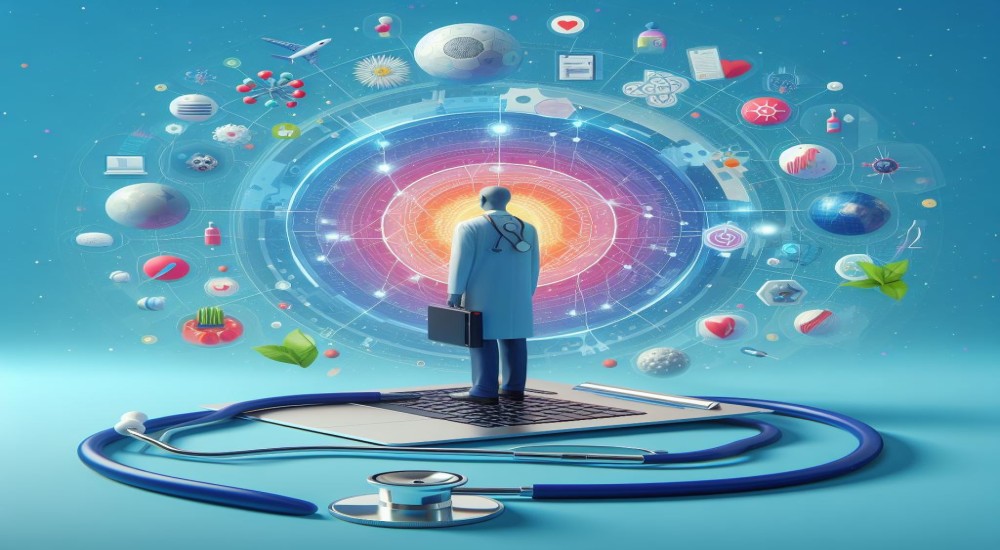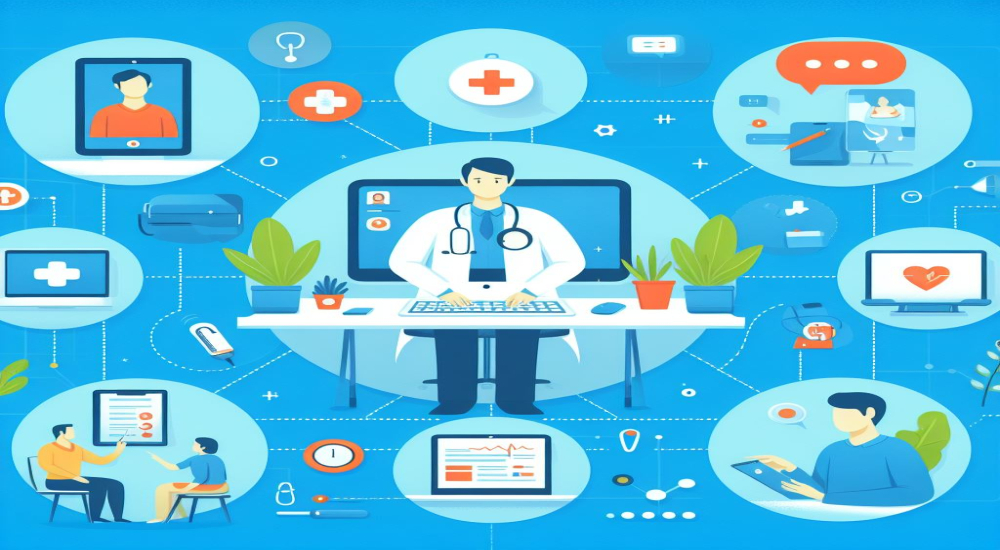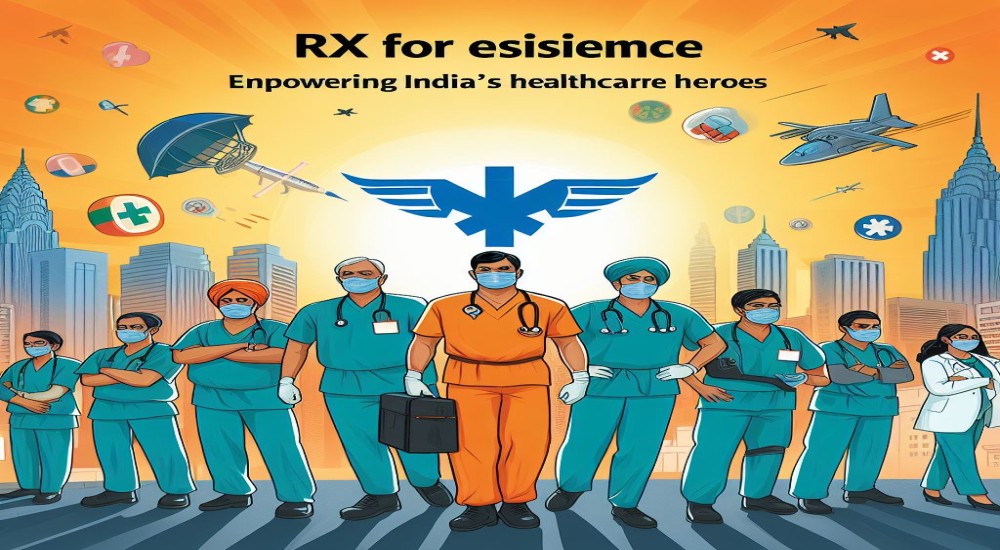7 Reasons for regular check-ups with your doctor.
The old adage goes "An apple a day keeps the doctor away" but there are plenty of reasons that keep patients away. With the recent pandemic the spotlight has once more been shined on the importance of healthcare in the public and private sphere.
Many studies have shown that there is a general fall in voluntary check-ups by patients with a doctor unless they are mandated to take one by their job or insurance provider. This can happen due to many reasons but the ones most often cited by patients are fear, embarrassment, cost, lack of knowledge on importance of regular follow ups and screenings,
Fear
This can be the most common and often most difficult to overcome reason and is usually due to some trauma, previous bad experiences associated with hospitals or it could be that their fear is due to stories or experiences shared by friends and family. Many a time people are simply scared that a visit to the doctor will lead to bad news, them getting a terminal diagnosis.
Many fear that a simple visit can turn into an admission followed by invasive and painful procedures such as biopsies, intubation or even amputations and long term medications.
Embarrassment
This is the most common reason especially for women, many feel awkward having their bodies touched, exposing themselves for an examination, there can be issues of self esteem, people find it hard to talk about symptoms related to their genitals or about their sexual activity. Male patients reported that cases such as jock itch, piles or haemorrhoids were often the conditions they found most awkward to communicate to their doctors.
For women in many parts of the world reproductive health can be associated with many stigmas and as such many women forego medical checks for such issues. This can be very detrimental to their quality of life and overall happiness.
Costs
One of the main reasons that people in both developing and developed countries hesitate to access healthcare is the fact that testing, visits can be extremely costly. Even when social healthcare is present there can be long waiting lines, need to cut work, over testing or snowballing of procedures and slow insurance pay outs or poor insurance coverage. For the uninsured it can be a nightmare scenario where they have to choose between health and making payments on their mortgage, child's education, groceries or other essentials.
While restrictive pricing is often talked about and put at the top of all election promises the reality is often disappointing.
How checking in with a doctor can save your life:
Most of us live busy lives filled with work, projects, deadlines, family events, looking after kids and so on. This means that for a large part of our adult lives we take very little time for ourselves let alone the various aches, coughs and wheezes, when things have to be put on the backburner our healthcare visits often jump to the top of the items we shelve 'for later'. Most of the times its just a cold or an overworked muscle or an ache from sleeping in a different position. There are many diseases ranging from infections to cancer that can benefit from early detection and intervention.
Women specific problems associated with menopause, regular breast cancer screenings especially for those with a family history, sports injuries, prostate cancer in men, diabetes, hypertension, heart problems and more are on the watchlist for conditions that claim more lives than they should. Many studies have shown that early interventions in such cases can greatly increase the odds of a successful cure.
Meeting Halfway:
Insurance companies and employers try to mandate health screenings in order to make sure that their clients and employees are well (not always for altruistic reasons, money does play a big role namely that they don't want to pay it).
Hospitals, doctors, community centres, social groups, and local civic bodies are trying to organize events, information pamphlets or programmes on social media to promote regular medical check ups for communities. Armed with information many make the conscious choice to take better care of their health. Clinics and government hospitals set up free screening camps, offer incentives and freebies to make it a lucrative prospect for patients.
Other ways to stay in touch: The pandemic has propelled the concepts of Telemedicine and Telehealth to the front and many healthcare systems are adopting it. For many of whom time, distance and the waiting times, lack of convenient timings or fear of the hospital may be of significance Teleconsultations over the phone or video calls can be a godsend. A brief 20 minute consult to update your doc on any complaints, concerns or changes can save a lot of worry for you and make the next consult that much easier for the doctor as well.
There are expanding government and private Telemedicine solutions that are being offered either free or at highly competitive rates to patients. Canada, USA and other health programs such as the NHS, NIH are all setting up telemedicine solutions for patients in such a way as to reduce the shortfalls in healthcare delivery.
The final Takeaway:
Regular visits to a healthcare facility has a great impact on quality of life and the long term wellness of communities. This is especially true of our growing geriatric populations and vulnerable sections that have limited access to nutrition and good living conditions. Using the alternative options such as Tele consults and remote healthcare monitoring can be a great opportunity for people.
